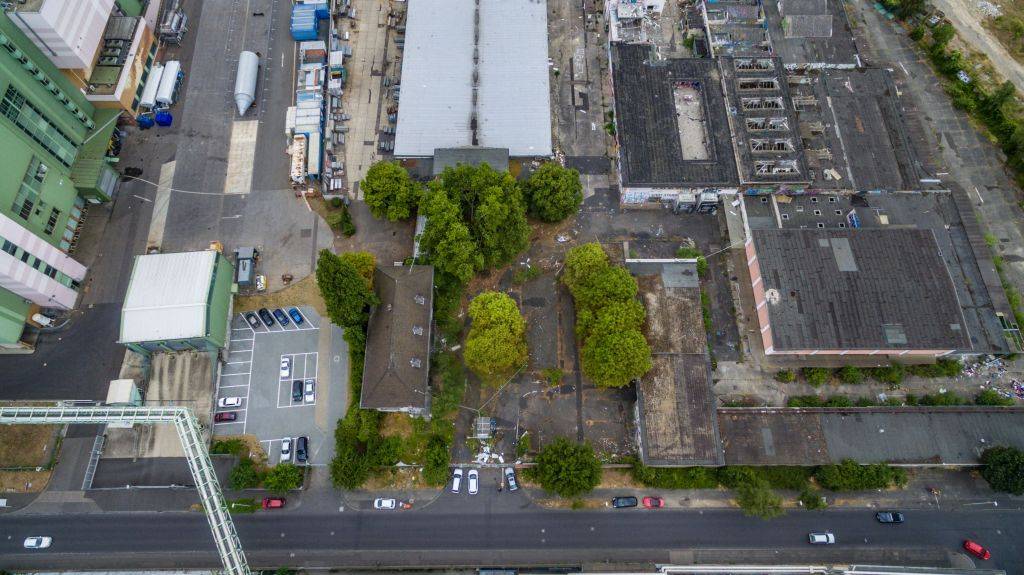Cooperation with U.S. firm Astrobotic DHL will send keepsakes to the moon
Bonn · U.S. firm Astrobotic and Bonn’s DHL are cooperating in a project that will send personal items into space. For a price, people will be able to send mementos to the moon for generations of safekeeping.
A wedding ring, a photo of a daughter or a lock of hair from a loved one: Interested persons will be able to send such keepsakes to the moon, beginning in 2019. The U.S. company Astrobotic will transport the items, packed in a Moonbox from DHL. It’s one way of preserving the objects for future generations.
But customers who want to take advantage of the offer should have a big purse. The smallest capsule is 1.27 centimeters long, 32 centimeters wide and 2.54 centimeters high. That little trip to the moon costs 460 dollars. A photo and certificate are to document that the packet was on board a lunar landing vehicle. Everything is allowed in a time capsule as long as it isn’t electric, doesn’t contain fluids and can’t explode. If the memento is heavier and larger, it gets really expensive: One kilo costs 1.2 million dollars.
“Our main goal is to make the moon accessible to everyone,” said Dan Hendrickson, Vice President for Business Development at Astrobotic. He was in Bonn on Tuesday. The firm Astrobotic spun out of Carnegie Mellon University in Pittsburgh, Pennsylvania in 2007. It constructed the Peregrine Lander to take payloads to the moon. “With our price per kilo, we are incomparably cheap,” said Hendrickson. Their first commercial mission is to take place in 2019. In earlier NASA missions, payload transports came at a cost of 300 million dollars per kilogram.
Deutsche Post is responsible for the logistics of the project. Arjan Sissing, Senior Vice President for Global Brand Marketing said, “In our branch, we have been working with pioneers of innovation for many years already.” Through the partnership with Astrobotic, Deutsche Post is playing a key role in the development of lunar logistics. Airbus Defense and Space contributes engineering support to the project and U.S. space agency NASA is also a partner.
Astrobotic originally wanted to send its first mission in fall of 2017. The start-up wanted to win the Lunar X-Prize sponsored by Google for a total of 30 million dollars. But it pulled out of the competition at the end of 2016 when it became clear that it would not be able to realize the project until 2019. The lunar logistics firm has since proved successful within the competition, winning a total of 1.75 million dollars for the Landing Prize, Mobility Prize and the Imaging Prize. 16 firms are still competing for the final prize.
Orig. text: Claudia Mahnke
Translation: ck



